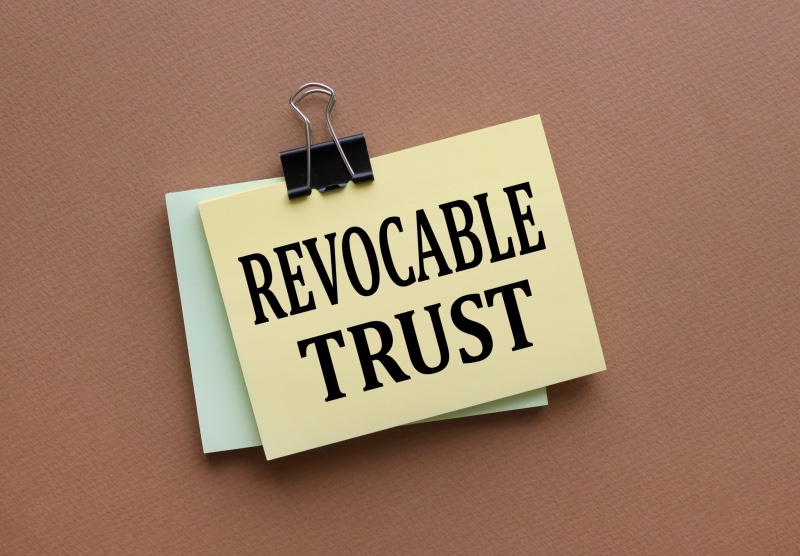
Common Mistakes in the Estate Planning Process
May 15, 2022
Health Care Proxy and Living Will
July 14, 2022It is common to think of estate planning as simply writing a Last Will and Testament. However, there are actually a variety of legal options available to anyone who is starting an estate plan. There are some advantages to creating a revocable living trust as part of your estate plan. By reviewing the information below, and with the help and advice provided from an experienced estate attorney at Kushner Legal at (310) 279-5166, learn which option may be best for you.
Differences between a Last Will and Testament and a Revocable Living Trust
A Last Will and Testament creates a legal way to provide your beneficiaries with your assets after your death. Although a will may be the best choice for you, a revocable living trust may provide additional advantages that are not legally allowable through a will, and these benefits may be preferable for your particular situation. A revocable living trust has the label “revocable” because you can change or cancel it any time you wish.
There are irrevocable trusts, which cannot be modified or terminated without approval from everyone associated with the trust. In contrast, a revocable trust can be altered, or even voided by you, and you can change beneficiaries at any time as well. However, once the creator of the trust dies, the trust becomes irrevocable and cannot be changed. The following are the major differences between a last will and testament and a revocable living trust:
The Probate Process
The probate process is a legal series of steps centered in a court of law. The purpose of probate is to validate your will, ensure that your debts are paid, and distribute your assets. The probate process can be time-consuming and costly, and when complete, may leave little to your heirs. Probate may last from six months to two years, and requires the assistance of attorneys and other professionals to complete correctly. The advantage of a trust is that it never goes through probate. Technically, if your assets have been secured in a trust, you do not “own” them. They are now in the care of a “trustee”, but you control the assets as if they were yours. When you pass away, it is only your property that goes through probate; since the trust does not legally contain your property, it is not included in probate process.
Public or Private
A Last Will and Testament is public information because probate is a public process. When it is time for probate to begin, notices are placed in public forums, such as newspapers or online to allow creditors the ability to collect debts from the person’s estate. In contrast, a revocable living trust is always private, and because of its limited disclosure, there are fewer opportunities for contested matters or family disputes.
Through Life and After Death
Although a will is used after the death of the person who created it, the assets of a trust can be distributed throughout a person’s lifetime as well as after the person passes away. In contrast to a will, a trust allows your trustee to make decisions on your behalf with regard to your estate. This can be helpful in cases where a person becomes unable to manage their financial affairs later in life, due to disability or incapacity.
Permanent or Flexible
Trusts are flexible arrangements, and you can make amendments to a trust within your lifetime. By itself, a will has no way to protect its assets, but the assets in a trust retain FDIC protection up to $250,000 for each beneficiary, with a total protection cap of $1,250,000. You can make several amendments to them in your lifetime. The assets in a trust are not considered part of a minor child’s estate for tax purposes.
Contact an Experienced Estate Planning Attorney
Both wills and trusts are powerful, effective tools in the process of estate planning. Tax considerations, cost, and other factors may influence your decision as you weigh each option. Visiting with an experienced estate planning attorney can assist you as you create the best estate plan for your needs. A qualified attorney can also help you understand the probate process if you choose to execute a will. Contact the experienced estate planning attorneys at Kushner Legal today at (310) 279-5166 for a free consultation and to help you decide which estate planning options are best suited for you.




